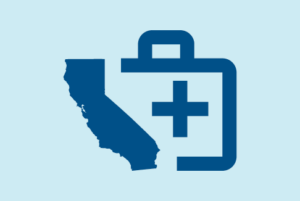The Centers for Medicare & Medicaid Services (CMS) has issued guidance to state Medicaid directors announcing a new demonstration called the Healthy Adult Opportunity initiative. It would allow states to operate their program within a defined budget target – set on either total expenses or per-enrollee basis – commonly known as “block grants.”
This content is restricted to members.


